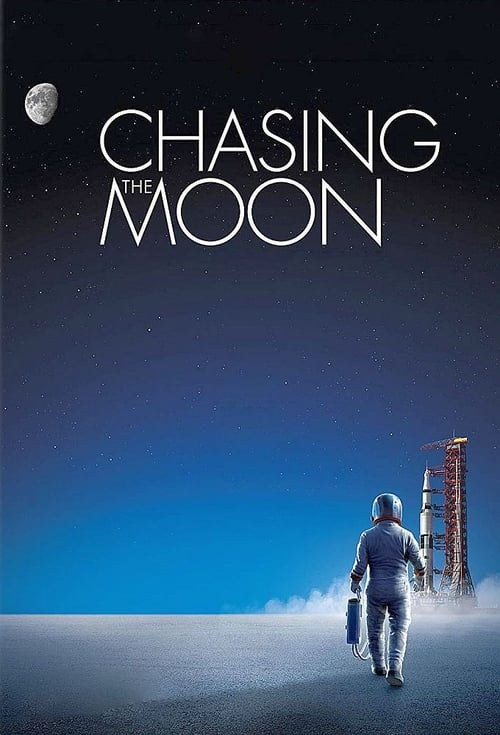Modern Korea (모던코리아)
KBS documentary series composed of archival footage
Overview
The documentary series were made to look back on Korea’s modern history. It tells stories of specific moments in time weaving together relevant video clips from news broadcasts, dramas, shows and other documentaries
Key Crew
Producer: Lee Tae-woong
Seasons
Season 0 (2020)
No overview available.
2 episodes
Episodes
Episode 1: KBS: Doing Our Best, the People’s Network
2020-09-03In 1973, Korean Broadcasting System(KBS), which at the time had been a subdivision of Ministry of Culture and Public Information, was reborn as an independent public broadcasting company. Or so it seemed. The network was mostly filled with ‘uptight’ programs aimed to ‘enlighten’ the people ‘in accordance with’ the government’s ideology.
Runtime: 53 minEpisode 2: Episode 2
2023-09-07Season 1 (2019)
No overview available.
7 episodes
Episodes
Episode 1: Our Only Wish
2019-10-31On the surface, democratization had been achieved, but there were still many social problems and complaints in Korea near the end of the 1980s. The suppression that had lasted a very long time finally found an outlet in a unique time and space.
Runtime: 53 minEpisode 2: Great Expectations
2019-11-07The major corporations and financial industry are thought to be the cause of growth in exports and also the danger of the IMF. The realities of the ‘97 Asian Financial Crisis and the IMF bailout are looked into in detail.
Runtime: 53 minEpisode 3: The Test of Your Life: Birth of K-SAT
2019-11-14Education was our hope. The movement between social classes became an important backbone in the establishment of the state and its industries.
Runtime: 53 minEpisode 4: We Built This City: Sampoong
2020-02-06June 29, 1995, 5:57 p.m. One of the most luxurious department stores in Gangnam collapsed. 502 people were killed and 937 were injured in the greatest tragedy since the Korean War. The collapse of the Sampoong Department Store was a national trauma broadcast across the nation for nearly a month.
Runtime: 53 minEpisode 5: Dynasty
2020-02-13In 1982, a time when professional baseball had begun in Korea with each region having a team, it was difficult for Gwangju to receive corporation sponsorship. After trials and tribulations, a confectionary company decided to create the Haitai Tigers.
Runtime: 53 minEpisode 6: Rapture: The Day They Vanished
2020-02-20October 27, 1992. In front of a church in Yeonnam, Seoul. A live broadcast is being prepared for domestic and international media. The Rapture Eschatology is the second coming of Christ where only the believers will ascend to heaven. The cult preparing a mass suicide at midnight has family members and police outside the church in a panic.
Runtime: 53 minEpisode 7: Episode 7
2020-09-03Season 2 (2021)
No overview available.
5 episodes
Episodes
Episode 1: Post Modern Korea
2021-03-11In the early 1990s, South Korea started regaining confidence in itself. “We hosted one of the most successful Olympic games ever. We are rich enough.Nobody can look down on us now. We are finally SOMEBODY.”
Runtime: 47 minEpisode 2: The Man Who Would Be King
2021-03-18In January 1992, Chung Ju-yung founded the United National Party and exposed the fact that he had paid billions of won to former presidents. Determined to break the link between politics and economics, he ran in the 14th presidential election.
Runtime: 48 minEpisode 3: The Age of Beasts
2021-03-25In the late 1980s, the expansion of democracy and the rapid economic growth in South Korea caused major changes in the lives of women. Women’s awareness of human rights was also gradually increasing. However, women were not yet the subjects of an equal democratic society.
Runtime: 48 minEpisode 4: K pop Genesis
2021-04-01In the 1980s, the Korean music industry had a pattern of squeezing musicians, when selling records and distributing profits without proper regulation. In spite of this environment, the pioneering musicians who wanted new sounds and performances, gave birth to the first generation of electronic music and hip-hop through their efforts.
Runtime: 49 minEpisode 5: Episode 5
2023-09-07Season 3 (2022)
No overview available.
4 episodes








